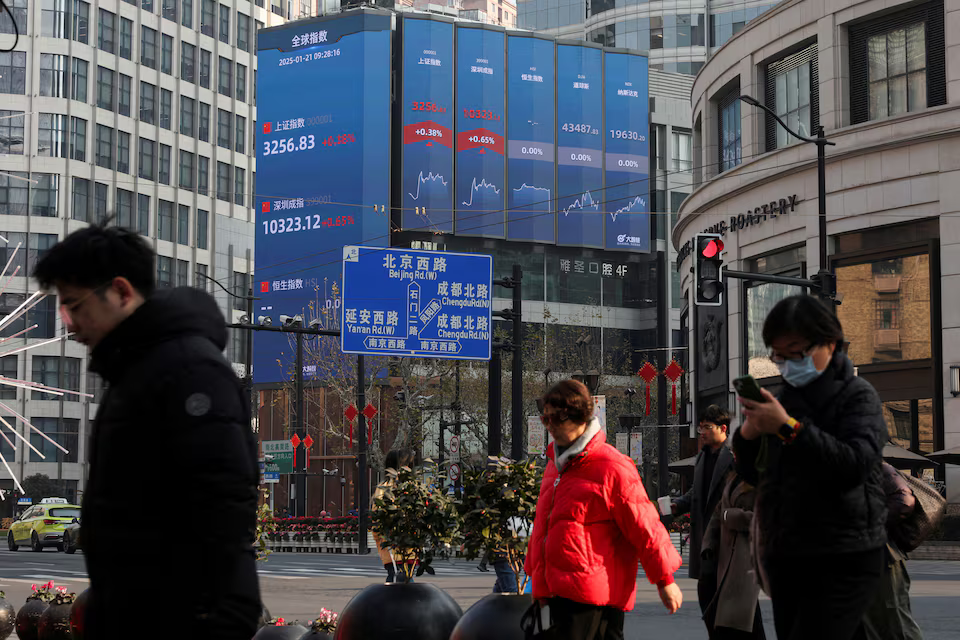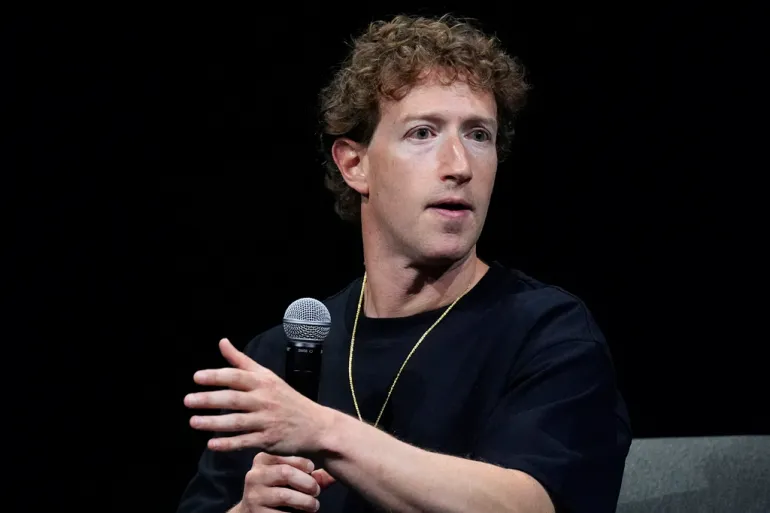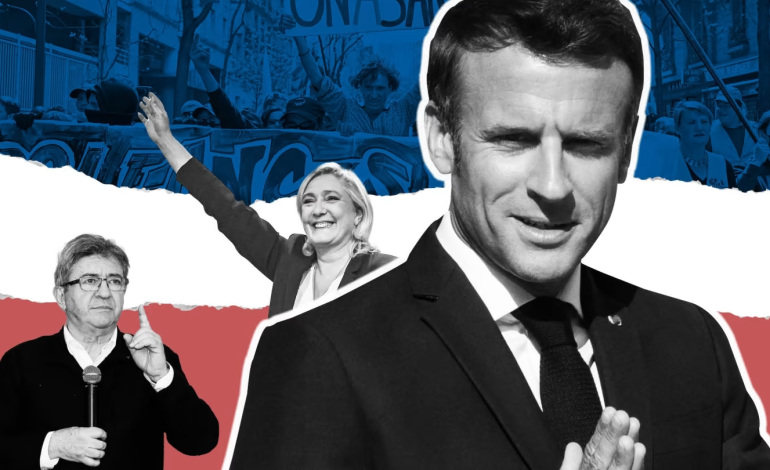French President Emmanuel Macron has ruled out appointing a left-wing government to end the political stalemate that has gripped the country since July’s parliamentary elections.
Macron stated that such a move would threaten “institutional stability.” This decision has hindered efforts to form a new government. Following the defeat of his centrist alliance in the elections, Macron has been engaged in extensive discussions to find a consensus candidate for prime minister capable of navigating the fragmented National Assembly.
The elections resulted in the left-wing New Popular Front (NFP) alliance securing the most seats but lacking a majority, followed by Macron’s centrist alliance and the far-right National Rally.
Despite the NFP’s argument that their victory in the elections entitles them to choose the prime minister, Macron rejected the option after consulting with political leaders, including far-right figure Marine Le Pen. Macron emphasized that a left-wing government would likely face immediate opposition from other parties in the Assembly, leading to a vote of no confidence.
“My responsibility is that the country is not blocked nor weakened,” Macron said.
The NFP, particularly the hard-left France Unbowed (LFI) faction, reacted strongly to Macron’s decision. LFI leaders accused Macron of anti-democratic actions, with their coordinator, Manuel Bompard, denouncing the move as a “coup.” Jean-Luc Mélenchon, LFI’s leader, called for a “firm and strong response,” including a motion to impeach the president.
Macron has continued his search for a candidate who could garner sufficient cross-party support to avoid a no-confidence vote. However, with the deadline to present a draft budget approaching, the pressure to resolve the political deadlock is mounting. Further discussions are scheduled as Macron seeks a solution to the National Assembly’s divided political landscape.
With input from Aljazeera, the Guardian, Financial Times and DW.









